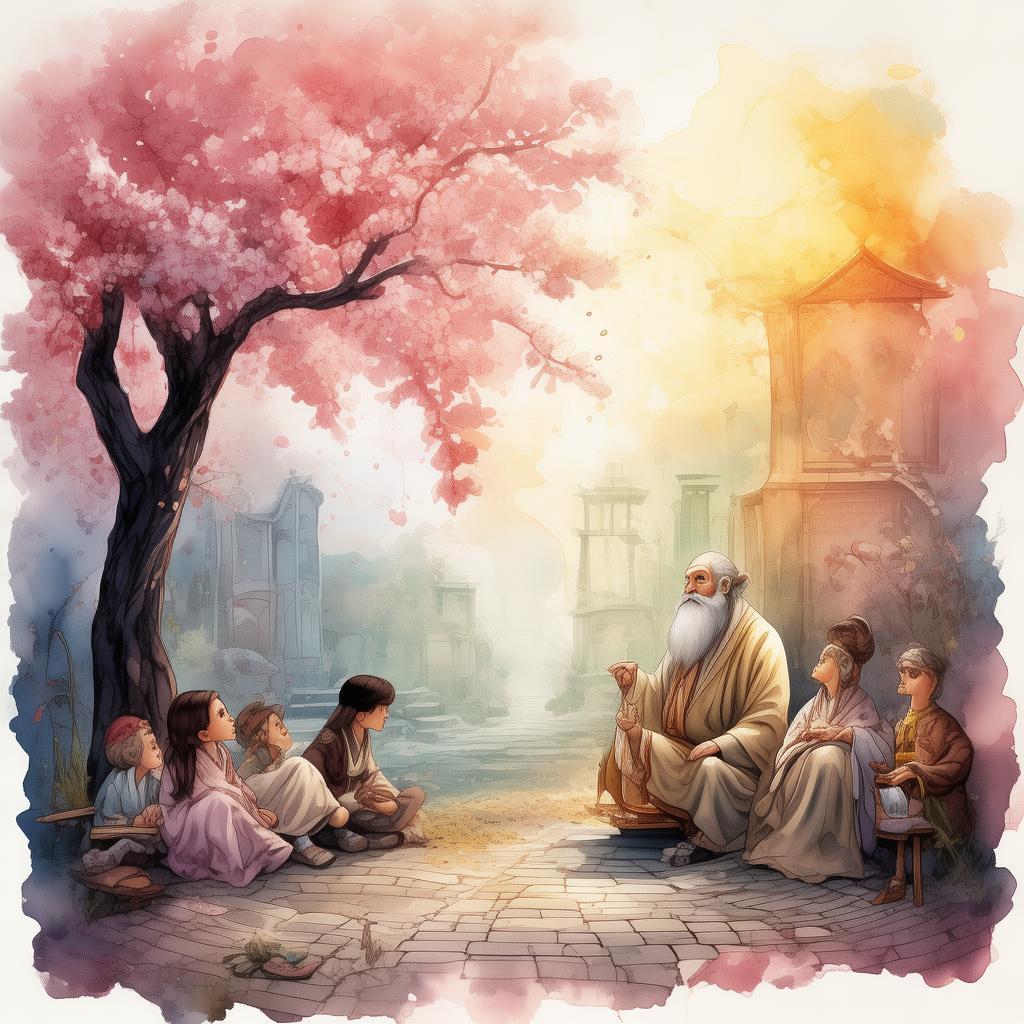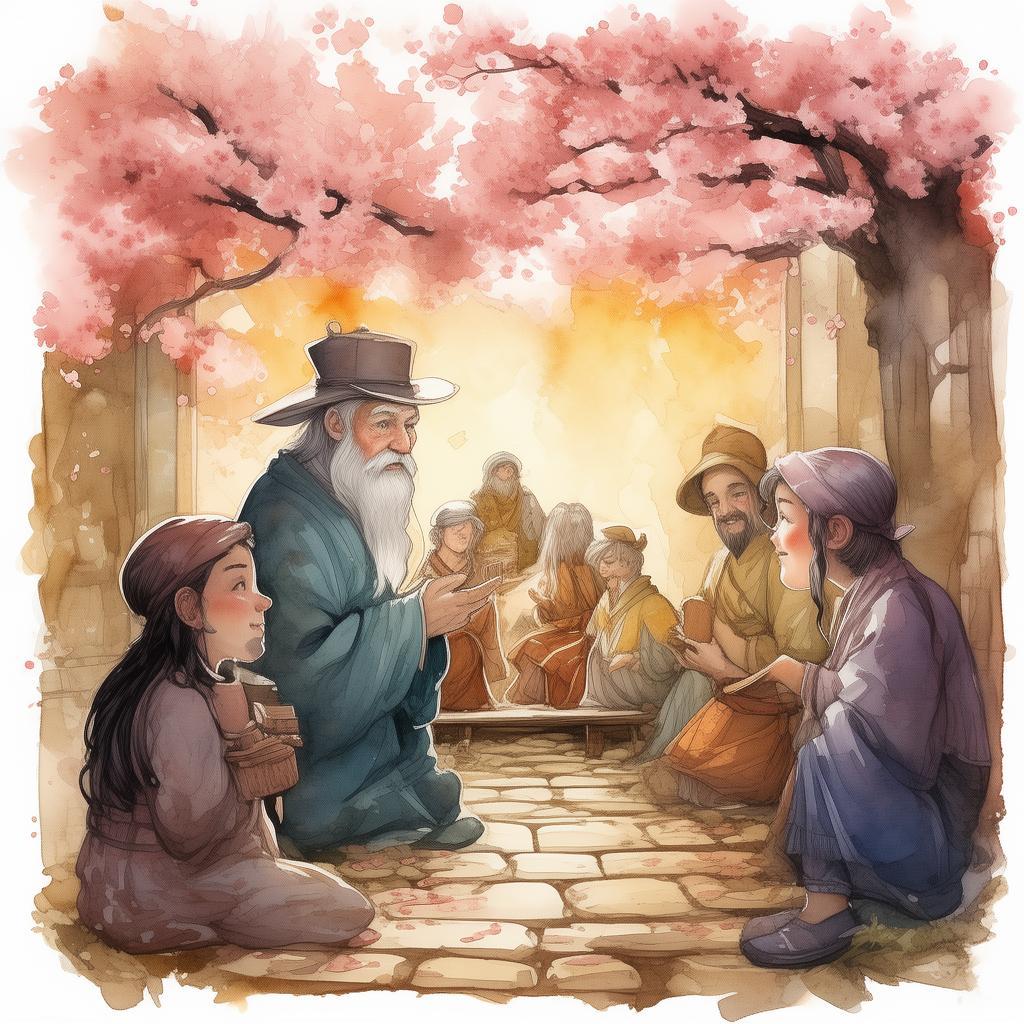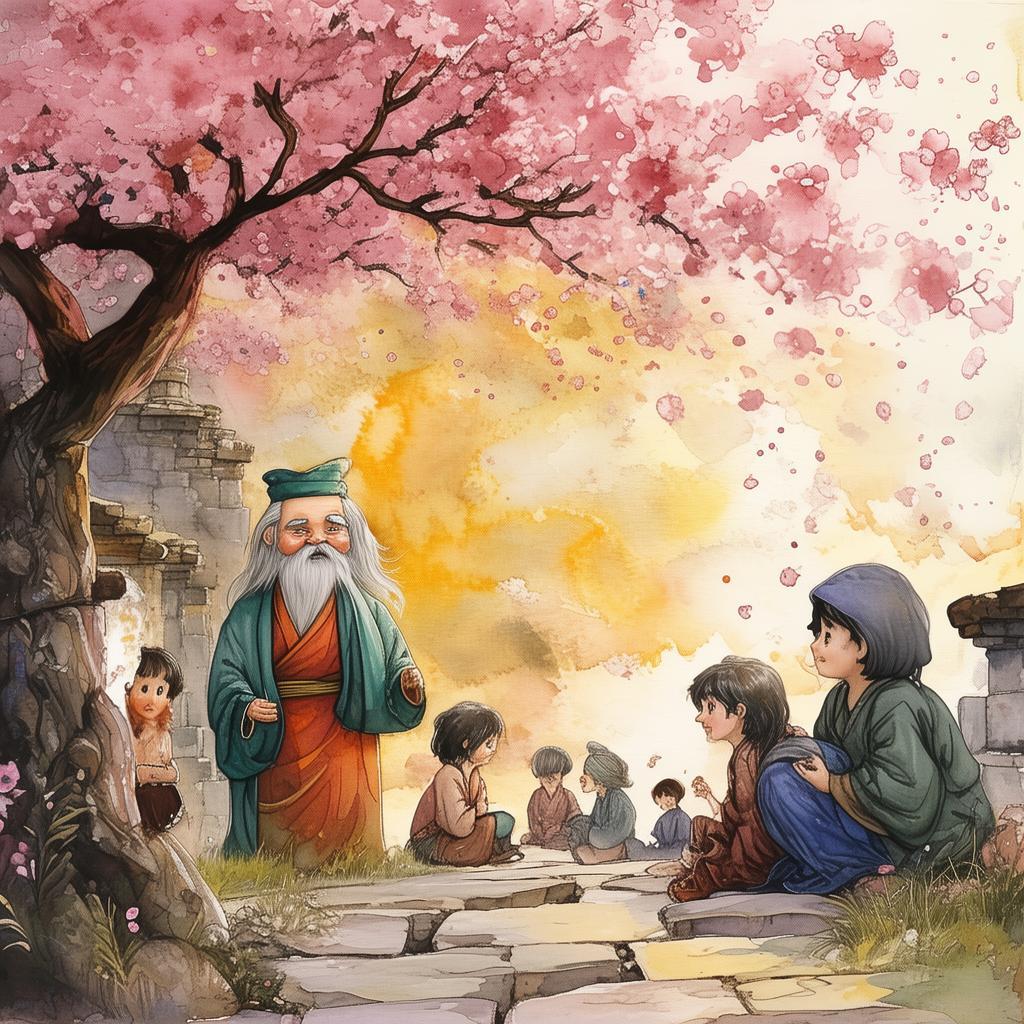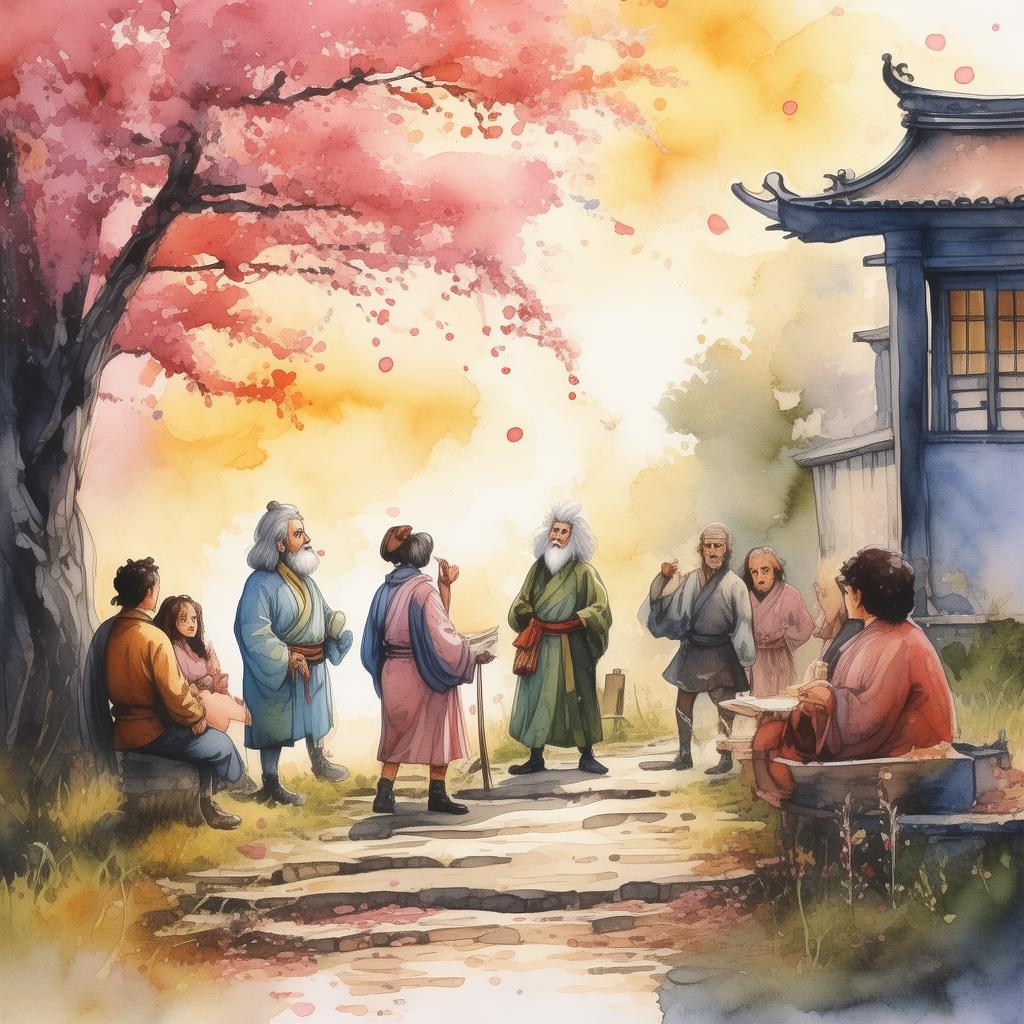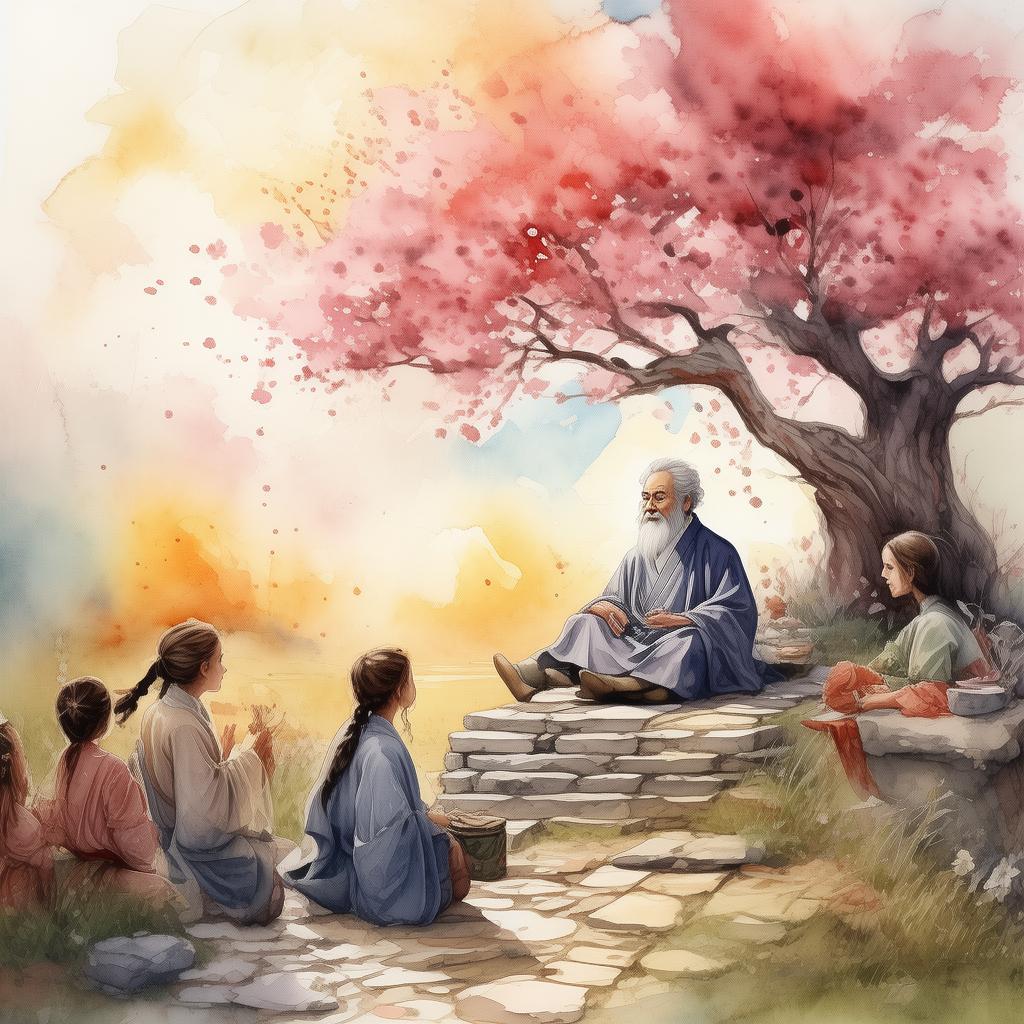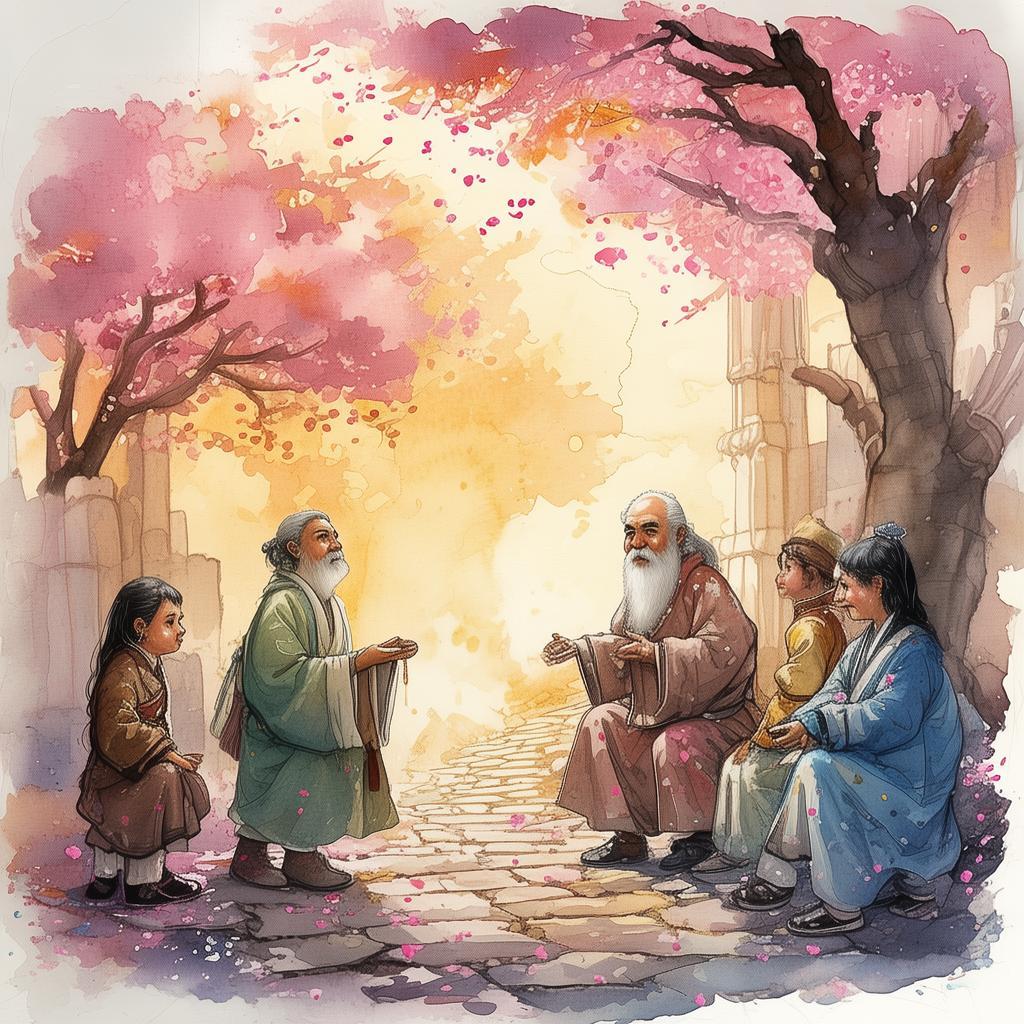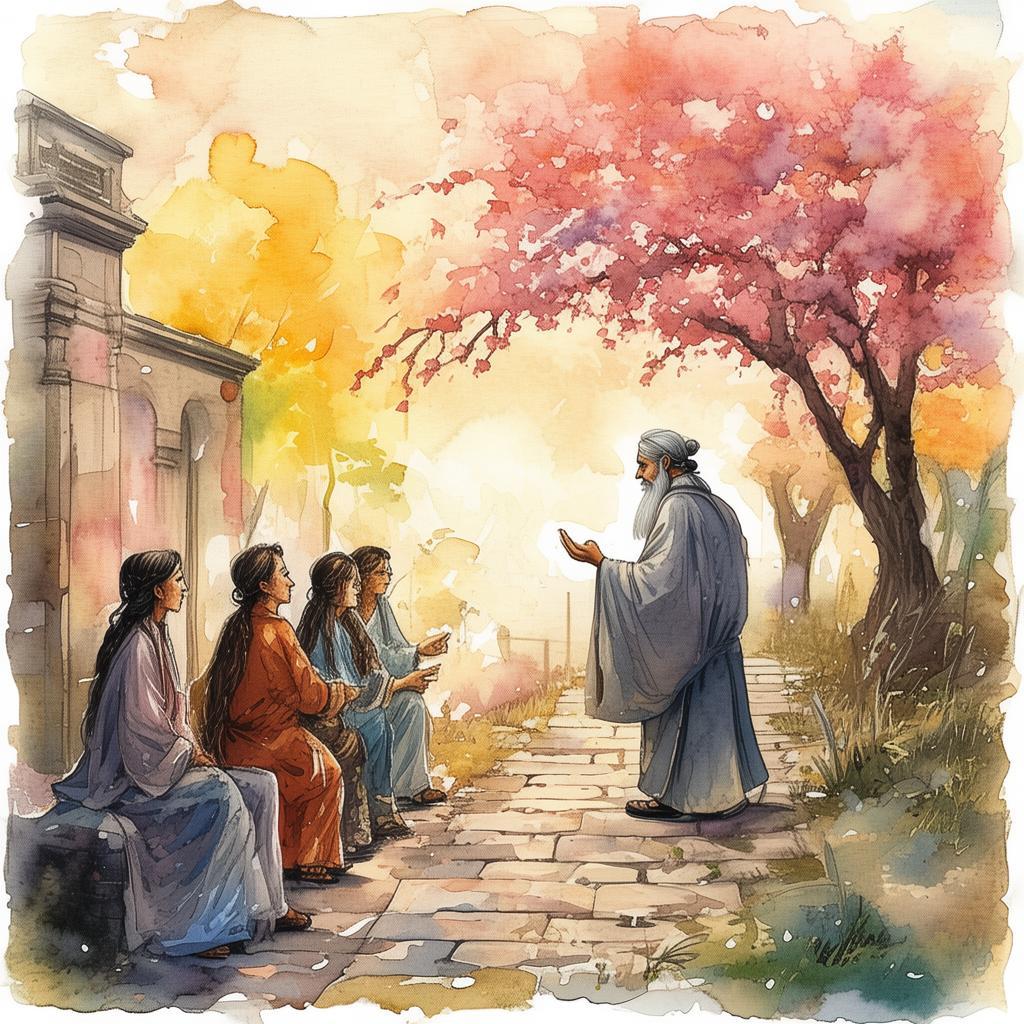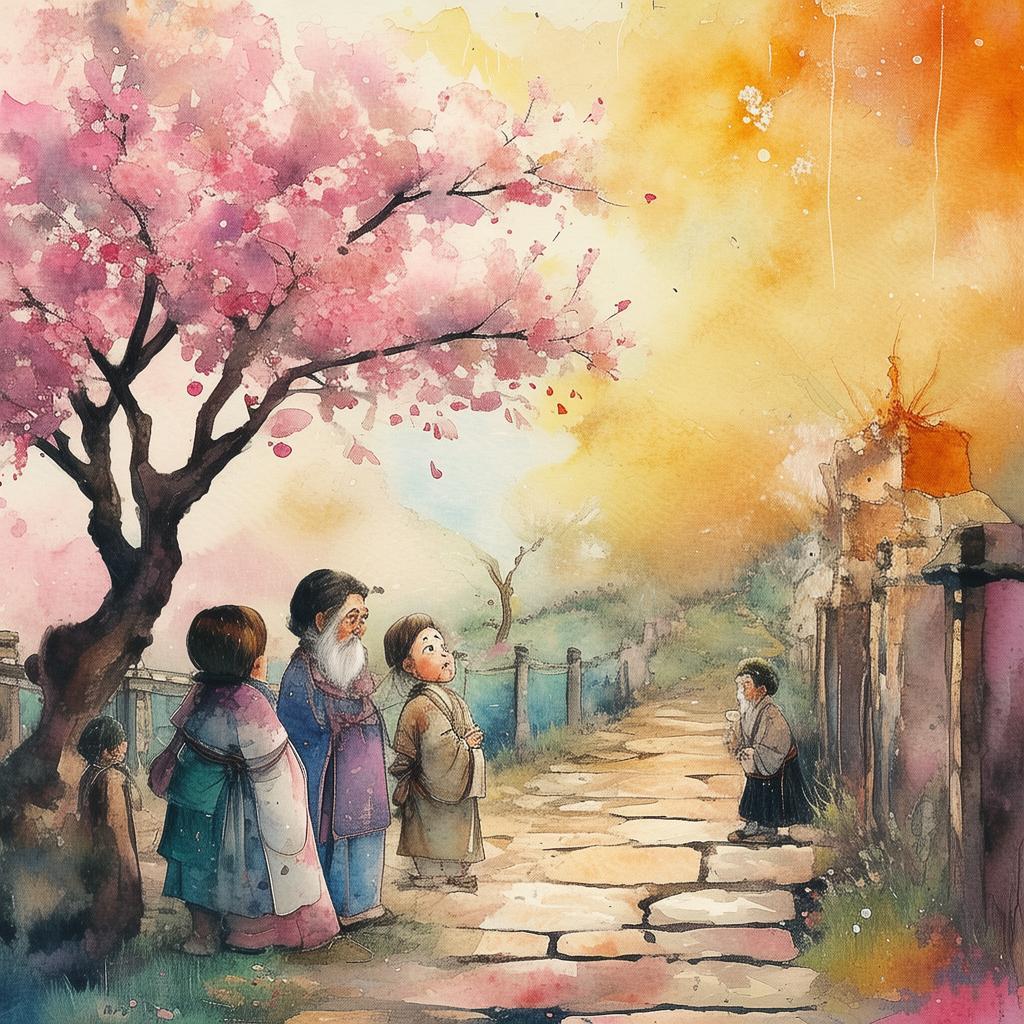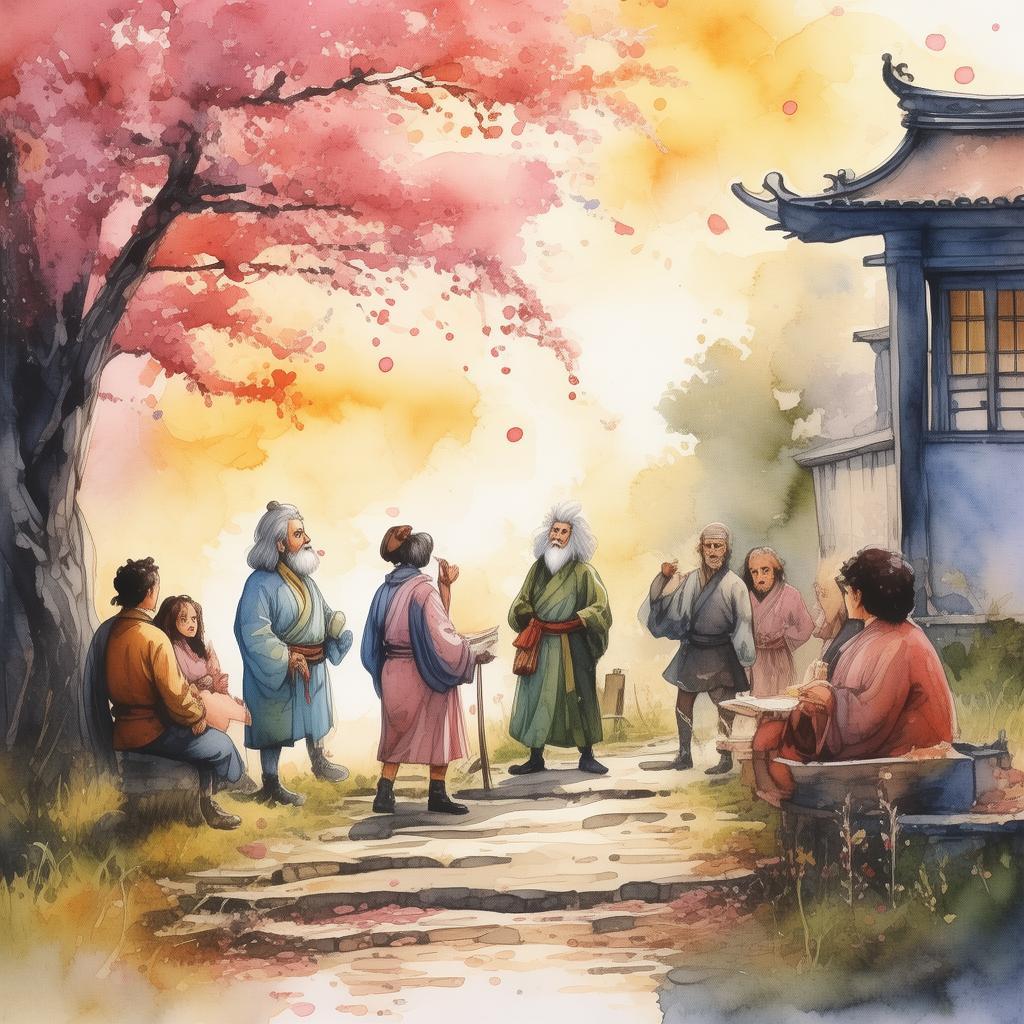The Cynical Canvas Cup and Bow: The Illusion of Perfection
In the bustling heart of the ancient city of Liangzhou, there was a quaint art studio that stood as a beacon of creativity and innovation. Its walls were adorned with intricate tapestries, and the air was thick with the scent of linseed oil and turpentine. At the heart of this studio was a man named Qin, a master painter known for his unparalleled skill in capturing the essence of human emotions on canvas.
Qin was a cynic by nature, his paintings often reflecting a world that was not as it seemed. He saw beauty in the flawed and perfection in the impermanent. His most celebrated work was a painting called "The Cynical Canvas Cup and Bow," a portrait of a woman holding a delicate cup and bow, her expression serene and poised. Yet, there was an undercurrent of sadness and disillusionment in her eyes, a testament to the artist's own feelings.
One day, a mysterious painting arrived at Qin's studio. It was wrapped in a plain cloth, its edges worn and frayed as if it had been carried across vast distances. The painting was of a young woman, her face alight with joy, surrounded by a burst of colors that seemed to pulse with life. Qin's curiosity was piqued, and he carefully unwrapped the cloth to reveal the masterpiece.
The painting was titled "The Mysterious Painting," and it was unlike anything he had ever seen. The woman's face was a canvas of vibrant emotions, her eyes sparkling with a mix of wonder and innocence. It was as if the painting held a secret, a hidden truth that only those who truly saw it could uncover.
Qin spent days studying the painting, trying to understand its magic. He realized that the woman in the painting was not just a figure, but a symbol of something greater. She represented the illusion of perfection, the idea that beauty and happiness were attainable in a world that was often cruel and unfair.
As he delved deeper into the painting, Qin began to see parallels between the woman and himself. He recognized the cynicism that had long clouded his vision, the tendency to see only the negative in the world around him. The painting was a mirror, reflecting back to him the distorted image of his own perception.
One evening, as Qin sat before the painting, he felt a strange compulsion to touch it. He reached out with trembling hands and gently brushed against the surface. To his astonishment, the painting's colors seemed to come alive, swirling around him in a dance of light and color.
In that moment, Qin saw a vision. The woman in the painting was no longer just a figure of beauty; she was a person with a story, a soul. He saw her struggles, her triumphs, her moments of joy and sorrow. He realized that the painting was not just a work of art, but a window into the human experience.
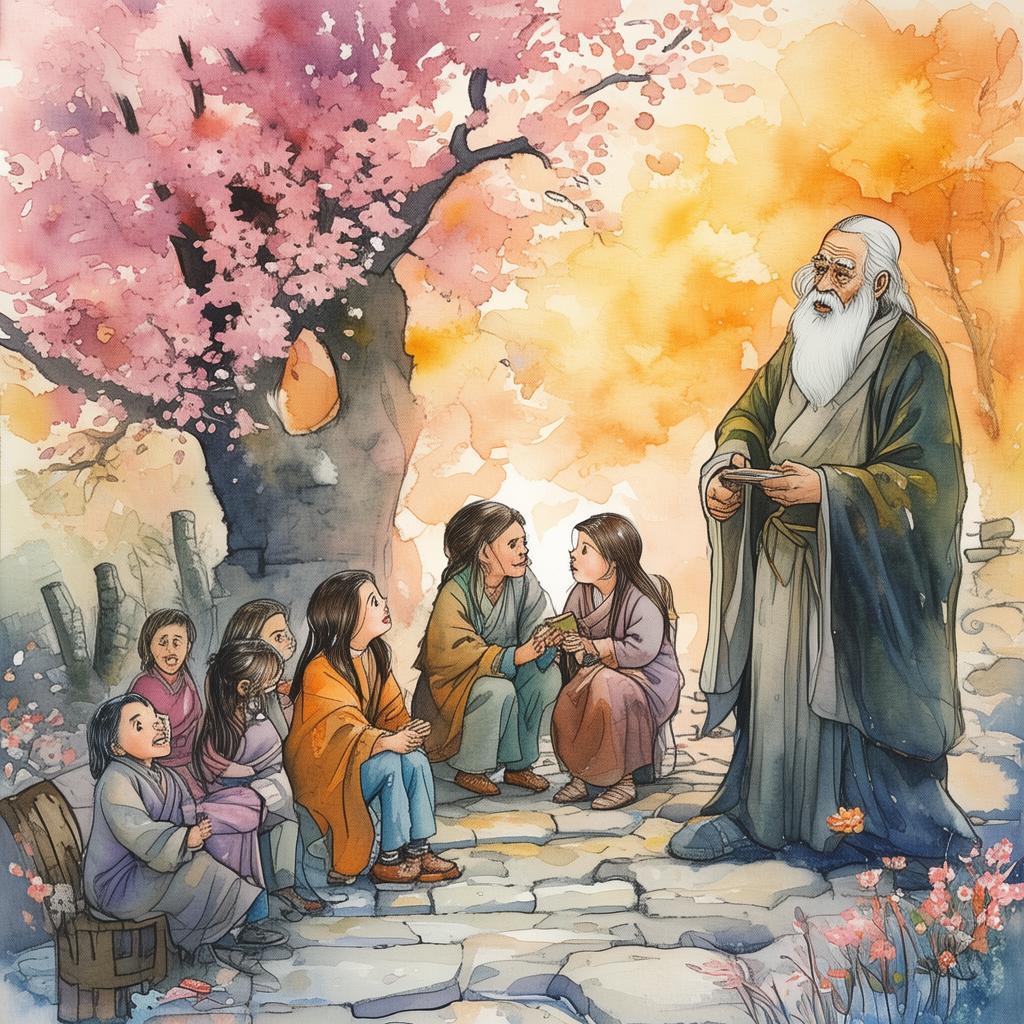
The vision lasted only a moment, but its impact was profound. Qin's heart was filled with a newfound appreciation for the beauty that could be found in life's imperfections. He realized that his own paintings had been a reflection of his own disillusionment, and he vowed to change that.
Over the next few years, Qin's art transformed. His paintings no longer depicted the world as he had seen it before. Instead, they celebrated the beauty in the mundane, the joy in the everyday. His most famous work after this transformation was a painting titled "The Illusion of Perfection," a self-portrait that depicted him standing before the "Mysterious Painting," his own cynicism replaced with a sense of wonder and gratitude.
The story of the "Cynical Canvas Cup and Bow" and the "Mysterious Painting" spread far and wide. It became a symbol of the power of art to reveal the truth, even in the most hidden corners of the human heart. And Qin, the once disillusioned artist, found his true calling in the pursuit of beauty in all its forms.
✨ Original Statement ✨
All articles published on this website (including but not limited to text, images, videos, and other content) are original or authorized for reposting and are protected by relevant laws. Without the explicit written permission of this website, no individual or organization may copy, modify, repost, or use the content for commercial purposes.
If you need to quote or cooperate, please contact this site for authorization. We reserve the right to pursue legal responsibility for any unauthorized use.
Hereby declared.

